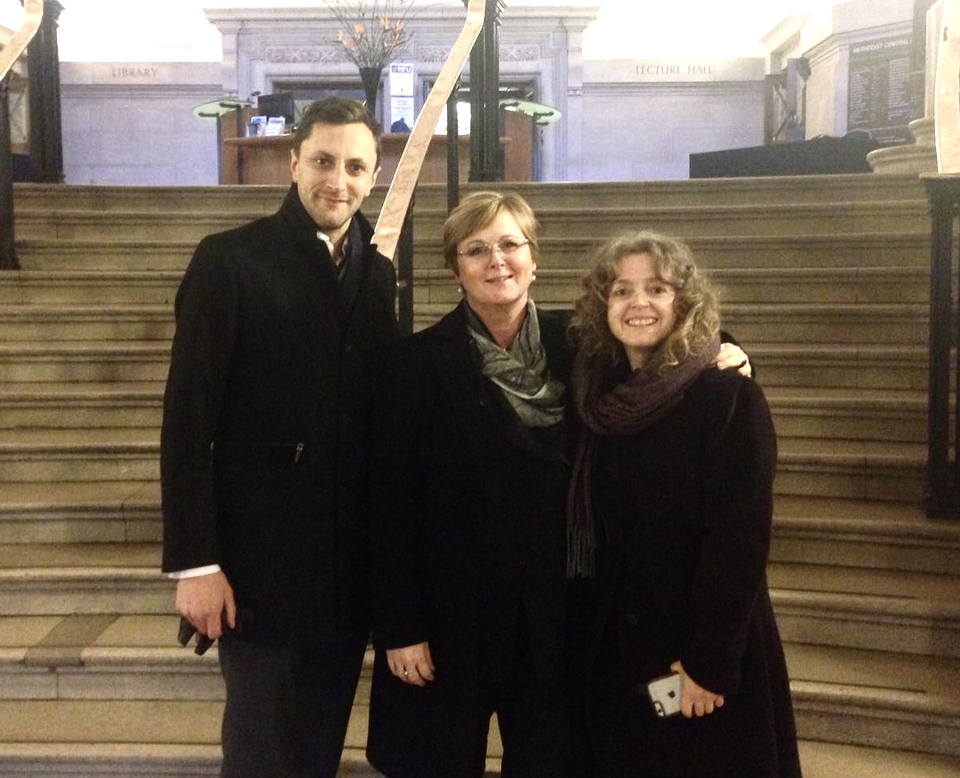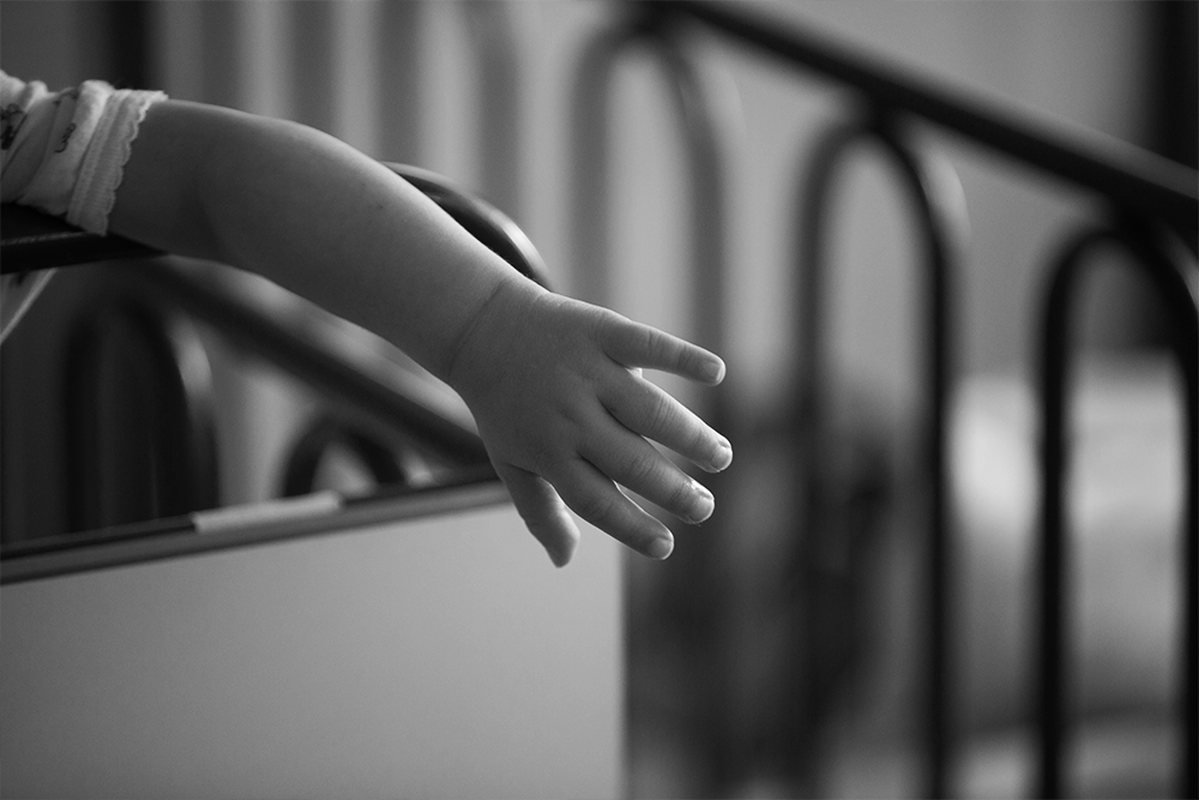
Lumos CEO Georgette Mulheir and Deputy CEO Alex Christopoulos with Australian Senator Linda Reynolds, pictured in London in January, 2017
Today the trafficking of children through the orphanage tourism business has been under scrutiny as Lumos CEO, Georgette Mulheir, provided testimony at the Australian Parliamentary Inquiry into whether the country should adopt legislation to combat modern slavery. Mulheir said:
“Orphanage tourism has become a child trafficking industry generating probably billions of dollars and driven by well-meaning people wanting to volunteer. Many orphanages are set up purely to obtain donations from abroad and paid ‘child-finders’ go into the community to recruit children. By telling parents their children will get a better education and healthcare in an orphanage, parents are deceived into giving up their children. Very little of the large sums of money the orphanages receive is spent on the children and the harm to them is beyond measure.”
Mulheir’s testimony focused on the vulnerability of this group of children who, once placed in institutions run by unscrupulous directors, are forgotten and exposed to the realities of modern slavery.
Recent research by Lumos has revealed that the well-intended actions of volunteers seeking to support children in orphanages turn those children into a commodity. In Haiti alone, at least US$100 million per year is donated to orphanages, many of which are trafficking children. Many young and well-meaning Australians travel to orphanages around the world each year, unaware that their philanthropy could be harming and not helping these vulnerable children – as detailed in a blog by Australian Senator Linda Reynolds, a champion of the Inquiry, earlier this year.
In addition to its 40-page submission highlighting evidence from a number of countries in different regions of the world, Lumos provided video testimony from three children and young people from Haiti, all of whom had spent time in one of the country’s estimated 760 orphanages. They spoke of the neglect and abuse they suffered, having been trafficked into orphanages:
“Sometimes at night, while the kids were sleeping a vehicle would come to the orphanage and she (the orphanage director) would take the [donated] clothes and food and take them to her other house to use them and sell them. We were mistreated and we never felt good.” Angeline*
“It was just like we were merchandise; we were on the market place, like they had to sell us to keep the money coming in. But when this money comes in, if 100% come in, we may get 10% of that amount.” Pierre-Michel*
“What hurt me the most was the fact that I was not living with my parents. Your mom’s and dad’s love is stronger than anyone else’s love.” Mathilde*
Modern slavery is a human condition of our own making. We have the means and the power to bring it to an end. We congratulate the Parliamentary Inquiry and call on the Australian government to legislate against all forms of modern slavery. Specifically, we urge Australia to become the first country in the world to recognise and legislate against orphanage-trafficking as a form of modern slavery.



